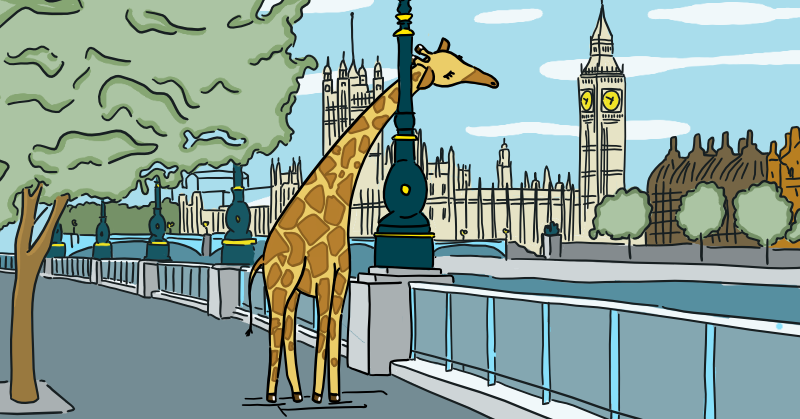Life, Tennis, Pigeons, Love, Work
Don’t Overthink It
Agnes Callard | Boston Review | 21st January 2019
Thought-provoking review of Far-Sighted, a new book about decision-making by Steven Johnson. Johnson says we should make the big decisions of life more scientifically; we should listen to other voices, measure costs and benefits, revisit and re-analyse past decisions. It sounds like sensible advice; but what’s the evidence? How do you control for luck and for opportunity cost? “Suppose that I could look into a crystal ball and see myself twenty or forty years after the decision to go to college or emigrate or get married or have children. What do I look for to check whether the undertaking was a success?” (2,900 words)
Ageing In Men’s Tennis
Jeff Sackmann | Heavy Topspin | 9th January 2019
Roger Federer played his best season ever when he was 34, and continues to play world-class tennis at 37. Ten of the world’s top 100 tennis players are in their mid- or late thirties. Health — the simple fact of avoiding injury, and showing up for most tournaments — may be the most underrated skill in men’s tennis. The vast majority of ageing players don’t drift slowly down the ranking list; they drop out, due to injury or loss of motivation. “The average player who remains healthy enough to play a full season and has the desire to compete full-time can expect to improve well into his 30s” (1,300 words)
Bring Back Pigeons
Frank Blazich | War On The Rocks | 16th January 2019
China and France still keep reserves of military pigeons for when electronic communications fail. America should do the same. Pigeons have renewed value as an asymmetric information tool in the age of cyberwarfare. They cannot be hacked, jammed, or shut down by electromagnetic pulses. They will not talk under interrogation, and they blend easily into the local avian population. A trained pigeon can find its way home across a thousand miles of unfamiliar terrain or open water (2,120 words)
Psychopaths In Love
Scott Barry Kaufman | Scientific American | 13th January 2019
Psychopaths are attracted to other psychopaths. The more extreme the condition, the greater the attraction. “Although most people are not attracted to psychopathic features, those with pronounced psychopathic features, and personality disorder features more generally, are more likely to endorse a romantic preference for psychopathic mates. Males and females with higher levels of personality disorder features in general are more likely to find others with similar features intoxicatingly hot” (1,640 words)
The Concept Of The Corporation
John Kay | 21st January 2019
The arguments of Ronald Coase and the financialisation of the economy in the 1980s encouraged a view of the company as a bundle of contracts or a bundle of transactions with no personality or morality or responsibility save that of making a profit for shareholders. But a company fixated solely on profit will rarely last long. A flourishing company is a social entity, “a collection of capabilities”. The simplest way to think of a company is as “a particular group of people attempting to do something” (6,300 words)
Video: Shrooms. Experimental video using “semi-supervised algorithms” to create organic shapes in brilliant colours (2m 34s)
Audio: Welcome To Global Capitalism | Containers. Alexis Madrigal tells how the rise of container shipping revolutionised world trade (39m 42s)
Afterthought:
“Grief is seldom misplaced”
— Charles Bernstein
